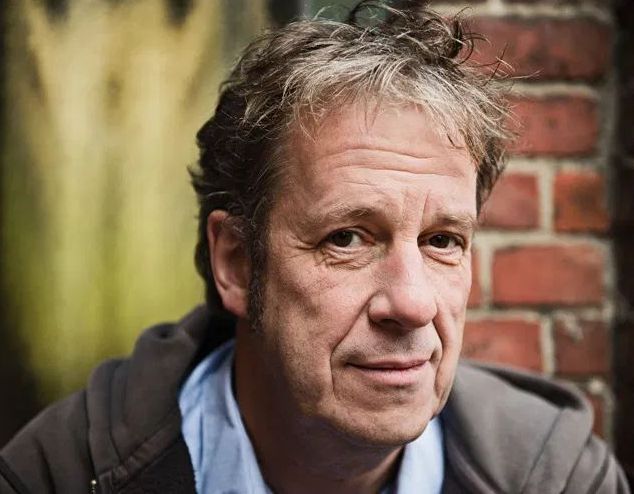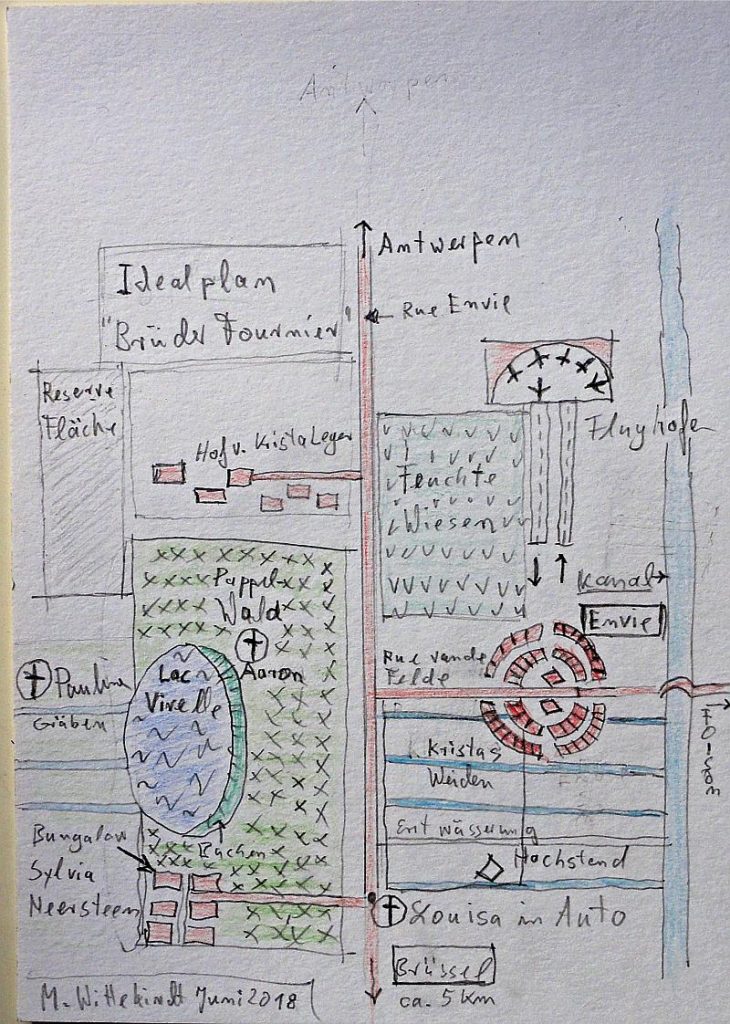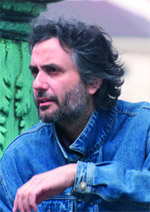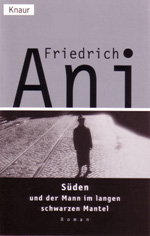Auch ein großer Autor wie Garry Disher braucht Stipendien, um seinen Lebensunterhalt zu finanzieren
Danksagungen von Autoren – an ihre Lektoren, Katzen, Infochecker oder Partner – überliest man so was von leicht.
Daher war es eher Zufall, dass ich in der Danksagung zu Garry Dishers HOPE HILL DRIVE etwas fand, was mich stutzig machte:
„Hope Hill Drive wurde im Rahmen eines Doktorats an der LaTrobe
University geschrieben. Der Autor bedankt sich bei seiner Doktormutter,
Professor Sue Martin, und bei der Lektorin Mandy Brett von Text
Publishing, die geholfen haben, ein besseres Buch daraus zu machen.“

Ein Autor von ca. 40 Romanen und sechs umfangreichen Sachbüchern, ausgezeichnet mit zahlreichen Literaturpreisen, macht sich im Alter von 70 Jahren an eine Promotion??
Ich fragte den Doktoranden, ob ich ihn jetzt mit Dr. phil. anreden müsse und was mit den späten akademischen Ambitionen überhaupt los ist.
Garry Disher antwortete:
„Dear Tobias,
Not quite Dr yet…
I would like to report that writers discuss lofty ideas when they get together, but mostly we discuss money (or the lack of it). In mid 2016 I mentioned to a writer friend that despite my long list of publications and apparent growing success, my income had dropped steadily over the past ten years. He’d had the same experience, and suggested that I do a creative-writing PhD, as he had done. He said that often a tax-free scholarship is available and the universities gain kudos if they can attract published authors. I discovered that many of my peers had been writing novels via Australian PhD programs and scholarships for many years (why hadn’t they told me sooner…). I enrolled at LaTrobe university in Melbourne in late 2016. My course requirement was to write a novel and a 20,000 exegesis, or scholarly work. The novel, Peace, was published in Australia in 2019. It has just been published in Germany with the title Hope Hill Road. I am now completing the exegesis. My broad subject is the role of setting in fiction (I believe that setting is dynamic and vital, not merely static backdrop to characters and plot), but with only 20,000 words to work with I narrowed the topic to setting in a recent cluster of Australian rural crime novels known as ‘outback noir’ (including, for example, my Hirsch novels and Jane Harper’s The Dry). I argue that where urban investigators like Inspector Rebus or Harry Bosch are firmly rooted to place, the investigators in the outback noir novels are relative newcomers or outsiders, and face twin burdens: to familiarise themselves with a place as well as the circumstances of a crime.
The exegesis proved to be a quite different way of thinking and writing. When I write fiction, I use withholding and delaying tactics; the reader must wait until the end to finally understand what has transpired. But there is no mystery or suspense in scholarly writing, no voyage of discovery: the introduction reveals all, and the remainder is supporting evidence.
In all, writing the scholarly work has been a rewarding experience, but I will return to fiction writing with some relief. I may cast a university professor as a villain or a victim in the next book…
Best wishes,
Garry
Ich wünsche Garry alles Glück dieser Welt und bin gespannt auf seine Diss.
Reden wir nicht über Australien. Ist diese Art der Autorenförderung nicht auch in Deutschland eine gute Idee? Zudem eine Bereicherung für Lehre und Forschung?

 Sie schreiben bemerkenswert normfrei Kriminalromane und beide sind studierte Architekten. 2018 bat ich sie, angeregt durch meine Fragen, etwas über ihr Verständis von Raum und Krimischreiben zu verfassen.
Sie schreiben bemerkenswert normfrei Kriminalromane und beide sind studierte Architekten. 2018 bat ich sie, angeregt durch meine Fragen, etwas über ihr Verständis von Raum und Krimischreiben zu verfassen. 

